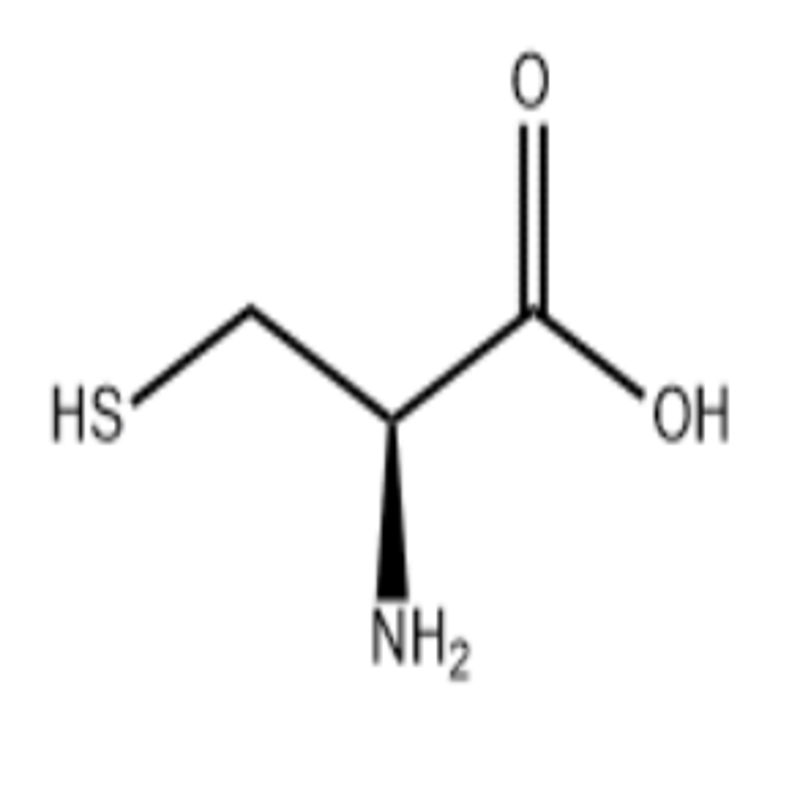-
Categories
-
Pharmaceutical Intermediates
-
Active Pharmaceutical Ingredients
-
Food Additives
- Industrial Coatings
- Agrochemicals
- Dyes and Pigments
- Surfactant
- Flavors and Fragrances
- Chemical Reagents
- Catalyst and Auxiliary
- Natural Products
- Inorganic Chemistry
-
Organic Chemistry
-
Biochemical Engineering
- Analytical Chemistry
- Cosmetic Ingredient
-
Pharmaceutical Intermediates
Promotion
ECHEMI Mall
Wholesale
Weekly Price
Exhibition
News
-
Trade Service
Original title: What kind of tomatoes would you like to eat? "Edit"!
you may often hear the spitting grooves: there are many kinds of tomatoes now, and they are bigger and better looking, but they are not as delicious as they used to be. Don't worry, the good news is here: not long ago, researchers at the Agricultural Genome Institute of the Chinese Academy of Agricultural Sciences developed a new batch of tomatoes that tasted much better than before.
vegetables such as tomatoes and fruits taste worse? What amazing ways do researchers at the Chinese Academy of Agricultural Sciences develop delicious tomato varieties?
tomatoes don't taste as good as they used to, because some of the genes that control flavor quality are lost in the breeding process
tomatoes, also known as tomatoes, are native to South America and were passed into china around the Ming Dynasty. It is widely adaptable, high yield, rich nutrition, unique flavor, is widely planted in the world's largest vegetable crop. According to the United Nations Food and Agriculture Organization, global tomato production reached $96.28 billion in 2014. China's fresh tomato-based, pay more attention to flavor quality.
According to Huang Sanwen, deputy director of the Agricultural Genomics Research Institute of the Chinese Academy of Agricultural Sciences, the tomatoes we now eat are domesticated varieties of wild currant tomatoes, wild tomato fruit is very small, only 1-2 grams heavy, after long-term artificial domestication, modern cultivated tomatoes are more than 100 times the fruit weight of their ancestors.
Huang Sanwen said that tomato taste is not as good as before, is due to the modern breeding process too much emphasis on yield, appearance and other indicators, although the yield is large, good-looking, but the control of flavor quality of some of the gene site is lost. The results show that the content of 13 flavor substances in tomatoes is significantly reduced in modern tomato varieties, thus changing the taste of tomatoes.
can we use modern technology to produce good-looking and delicious tomatoes? Huang San came up with the idea of genome editing technology. Start at the source and find out the "genetic code" that affects the taste of tomatoes. "The old taste that our taste buds have always wanted to retrieve is hidden in the 'genetic code', and once we find the genes that determine the flavor of tomatoes, the problem will be solved." Huang said.
2012, Huang led a team involved in the Tomato Genome Sequencing Project, which cracked the whole genome map of tomatoes with 900 million base pairs, and the results were published in the authoritative academic journal Nature. In 2014, Huang's team, together with several teams engaged in tomato research in China, uncovered the process of artificial domestication of tomato fruits from small to large, i.e., wild currant tomatoes produce cherry tomatoes, which eventually lead to large fruit-grown tomatoes. At the same time, they built a map of tomato genome variation and found data on 12 million genomic variations. In January 2017, Huang's team finally cracked the tomato flavor gene code, and Science, the world's top academic journal, reported the results in a cover article.
"In order to identify good genes in tomato species, we sequenced the entire genome and multi-point esoteric identification of 400 representative tomato species worldwide. Using genome-wide association analysis and chain analysis, more than 200 main effect genetic locations affecting 33 flavor substances were finally identified. The study found that two of the genes controlled the sugar content of tomatoes and five controlled acid levels, said Dr. Zhu Guangtao of the Genomics Research Institute of the Chinese Academy of Agricultural Sciences, who co-authored the paper.
study also found that citric acid and cider acid are the main acids in tomatoes, citric acid can improve the flavor of tomatoes, but apple acid reduces flavor, the researchers found a technical way to reduce the level of maric acid, increase the level of citric acid.
theory, any flavor of tomato can be achieved through genome editing technology
why is genome editing so magical?
is the sum of all the genetic information of a species, and next-generation genomic technology is seen as a disruptive innovation driving the economy of the future, said Huang Sanwen. The rice genome published by Chinese scientists in 2002 promoted the application of genomics in agricultural breeding. Genomic editing technology is a direct product of the rapid development of genomics. Just as you need to read the original carefully to make a bestseller or good news, to better apply genome editing techniques, you must first read the genome and read the genome.
editing technology is at the forefront of current life science research, using it to allow scientists to target genes to be targeted or inserted to obtain human-beneficial symptoms, Huang said. Among them, CRISPR/Cas9 technology, because of its efficient editing, easy to operate and so on, has become the current biological research hot research tools - they found and improved tomato taste is the use of this technology.
He said, for example, the daily consumption of tomatoes have red fruit and pink fruit two kinds, red fruit tomato hardness is very resistant to storage and transportation, but the taste is poor; Therefore, the traditional breeding mainly concentrated on red fruit tomatoes, high-quality pink fruit tomato varieties are few. Using genome editing techniques, Huang's team edited genes that control the color and taste of tomato fruits, and in just 10 months they were able to obtain fruit tomatoes that were resistant to storage and transportation and had a good flavor.
the future, what flavored tomatoes people want to eat could be achieved through genome editing, " he said. Huang
, said his team and partners have developed new varieties of tomatoes with increased sugar content. Next, we will further improve the content of beneficial volatile substances, cultivate more delicious tomato varieties, and strive to restore the original flavor of tomatoes.
Through genome editing technology, the proportion of straight-chain starch in bread or rice can be greatly increased for the benefit of diabetics
in the field of crop breeding, genome editing technology is not just used on tomatoes. Huang said that genome editing technology has greatly improved the breeding progress of crops, through the "editing" of genes, some wheat, rice, corn, potatoes and other crops have been introduced.
Xueyong, chief scientist of the seven major crop breeding projects of the 13th Five-Year Plan and director of the Key Laboratory for Crop Genetic Resources and Species Creation of the Ministry of Agriculture, said that genome editing technology has broad prospects in agriculture. "Genome editing is a precise breeding technique that can change the synthesis speed and direction of organic large molecules in organisms more accurately and in greater detail than physical or chemical mutation breeding."
Zhang Xueyong said that there are two kinds of starch in the bread or rice, namely straight-chain starch and branch-chain starch. Branched-chain starch is easily hydrolysed into glucose, while straight-chain starch degrades into glucose much more slowly. Through gene editing technology, we can knock out or weaken the activity of branch-chain starch synthesis genes, increase the proportion of straight-chain starch, so that the proportion of straight-chain starch from ten percent to 60%-70%, so as to effectively control the rapid rise of blood sugar after meals in diabetics, for the benefit of diabetics.
Zhang Xueyong introduced, through genome editing technology, can also change soybeans, rape and other crop grain oil composition ratio, increase the proportion of flaxic acid, flaxic acid and other excellent ingredients, is good for health and longevity. The technology also allows cotton fibers to be thinner and longer, increasing the proportion of high-quality cotton and increasing the income of cotton farmers. In addition, it can also change the corn, rice and other crops of the blade angle, more conducive to dense planting to achieve high-yielding purposes. "Genome editing technology can also control the color of flowers, creating some natural orchids, peony flowers, improve the quality of flowers to meet the needs of different groups of people."
zhang Xueyong believes that the future use of genome editing technology can also change the flavor and color of many agricultural products according to people's needs, extend the shelf life of agricultural products, for modern agricultural development into a strong scientific and technological impetus, better benefit mankind. (Reporter Jiang Jianke)







